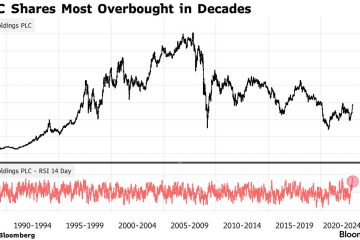Understanding Nationwide Building Society: Its Role and Impact
Introduction
Nationwide Building Society, established in 1884, is the largest building society in the UK and plays a crucial role in the financial landscape of the country. It is renowned for its customer-centric approach and commitment to providing home financing and saving solutions to millions of customers across the UK. In light of recent economic challenges and the evolving housing market, understanding the operations and relevance of Nationwide Building Society has become increasingly important.
Recent Developments
In the wake of the COVID-19 pandemic, Nationwide Building Society has taken significant steps to adapt to changing market conditions. In early 2023, the society reported a record increase in profits, driven by a surge in mortgage applications as first-time buyers rushed to secure homes amid rising interest rates and cost-of-living pressures. According to their latest financial statements, Nationwide reported a profit before tax of £1.2 billion, up 20% from the previous year, indicating strong performance and stability in an uncertain economic environment.
Furthermore, Nationwide has committed to increasing its funding for affordable housing and green initiatives. In 2023, it pledged £1 billion towards sustainable homes, aligning with the UK government’s commitment to achieving net zero carbon emissions by 2050. This includes initiatives to provide eco-friendly mortgages and support for customers looking to improve the energy efficiency of their homes.
Challenges and Opportunities
Despite its strong performance, Nationwide faces several challenges. The housing market in the UK has shown signs of stagnation due to rising interest rates and inflation, which has resulted in decreased demand for mortgages. Industry experts suggest that in the upcoming months, Nationwide may need to revise its mortgage offers to remain competitive, especially against banks that are increasingly lowering rates to attract first-time buyers.
Additionally, the ongoing rise in online banking services means that Nationwide must continue innovating its digital platforms to maintain its customer base. Investments in technology are necessary to enhance user experience and streamline processes for customers wanting to make deposits, apply for loans, or communicate with customer service.
Conclusion
The Nationwide Building Society has demonstrated resilience during challenging economic times while holding firm to its core values of mutuality and supporting its members. As the largest building society in the UK, it holds significant influence over the housing and financial markets. The society’s strategic focus on sustainable housing and technology integration presents a promising outlook, but it must navigate the changing landscape and evolving customer expectations. For readers, understanding the operational dynamics of Nationwide Building Society can offer essential insights into the future of home financing in the UK and its implications for individual financial decisions.









